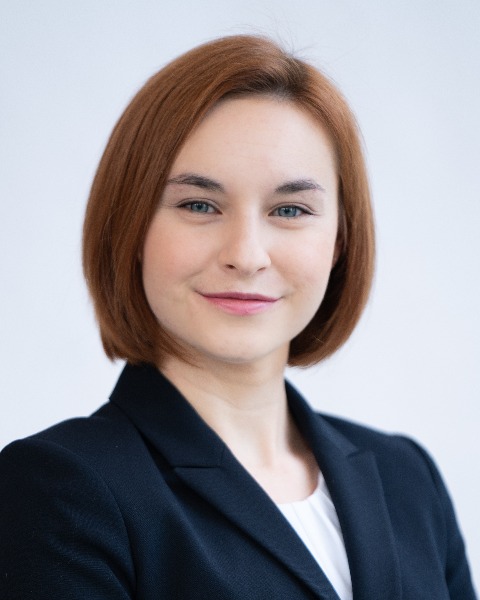Category: Education/Simulation
Poster Session I
(236) Comparing Objective and Subjective Assessments of Traction in Shoulder Dystocia Simulation Training
Objective: The assessment of participants’ applied traction to the fetal mannequin’s head during a simulated shoulder dystocia (SD) management sequence has not been evaluated for inter- or intra-rater reliability. We sought 1) to compare preceptors’ subjective assessments of applied force to the objective measurements derived from embedded force sensors; 2) to determine whether simulation training that includes assessment of force reduces participants’ applied traction; and, 3) to determine whether force-based simulation training improves recognition of SD and reduces brachial plexus injury (BPI) in the clinical setting.
Study Design:
Methods: Participants completed a baseline assessment in which they were asked to manage a case of SD using a task trainer (PROMPT, Limbs & Things) that includes a fetal mannequin that measures traction applied to the head. Two preceptors subjectively determined whether traction on the fetal head was appropriate. Participants completed training and then performed the same scenario for the final assessment. Clinical outcomes of SD deliveries were compared before and after a one-year program of simulation training of all L&D providers.
Results:
Results: There was poor agreement between preceptors’ subjective assessments of force and the objective force measurements, with kappa scores ranging from 0.04-0.17, poor inter-rater reliability (ICC = 0.2905) and intra-rater reliability (ICC =0.4391). Nevertheless, the mean peak force applied to the fetal mannequin decreased from 87N at the baseline assessment to 70N at the final assessment. Clinically, training increased awareness of SD and the decreased the rate of SD-associated BPI. (Table)
Conclusion:
Conclusion: SD simulation training is effective at decreasing the amount of force applied to the fetal head. Objective measurement of force is an important aspect of SD simulation training as preceptors are unable to reliably estimate force

Kelly E. King, MD
Resident
Northshore University Hospital
Evanston, New York, United States- RA
Robert H. Allen, PhD
Albert Einstein College of Medicine and Montefiore Medical Center
Bronx, New York, United States - BD
Benjamin Duva, BS
Albert Einstein College of Medicine
Bronx, New York, United States - EG
Edith Gurewitsch Allen, MBA, MD
Albert Einstein College of Medicine and Montefiore Medical Center
Bronx, New York, United States

.png)
